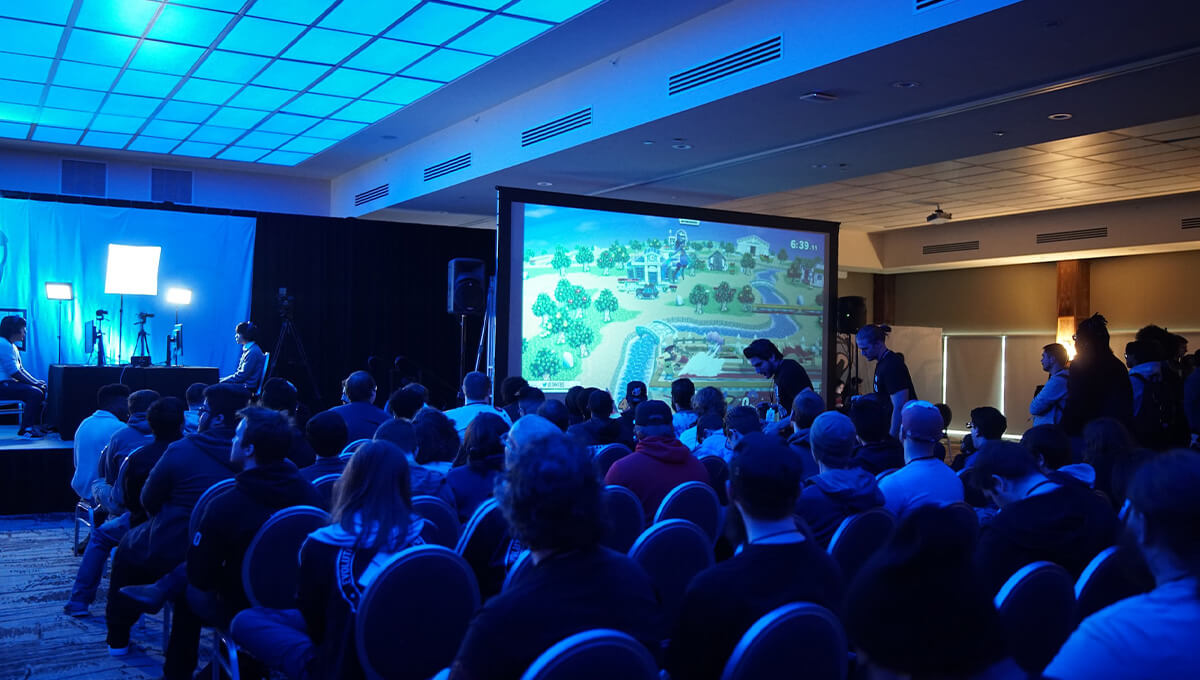The intersection of gaming and social impact is a fascinating area that highlights how video games can be leveraged for positive change in society.
Here are several key aspects to consider:
1. Educational Games
- Learning Tools: Many games are designed to educate players on various subjects, from history and science to mathematics and language skills. Games like "Kerbal Space Program" teach physics and engineering concepts, while "Minecraft: Education Edition" promotes creativity and collaboration.
- Gamification of Learning: Incorporating game mechanics into educational settings can enhance engagement and motivation among students, making learning more interactive and enjoyable.
2. Awareness and Advocacy
- Social Issues: Games can raise awareness about social issues such as mental health, climate change, and inequality. Titles like "Life is Strange" address mental health and personal struggles, while "Farming Simulator" can highlight sustainable agriculture practices.
- Fundraising and Activism: Many game developers and communities organize charity events, such as gaming marathons, to raise funds for various causes. Platforms like Twitch have facilitated charity streams that support organizations like Extra Life and Games Done Quick.
3. Community Building
- Social Connections: Online multiplayer games foster communities where players can connect, collaborate, and support one another. These communities can provide a sense of belonging and help combat loneliness and isolation.
- Diversity and Inclusion: Games can promote diversity by featuring characters from various backgrounds and cultures, encouraging representation and inclusivity within the gaming community.
4. Therapeutic Applications
- Game-Based Therapy: Video games are increasingly used in therapeutic settings to help individuals cope with mental health issues, PTSD, and social anxiety. Games can provide a safe space for players to explore their emotions and practice social skills.
- Physical Rehabilitation: Games that require physical movement, such as those using virtual reality (VR) or motion-sensing technology, can aid in physical rehabilitation by making exercises more engaging and enjoyable.
5. Civic Engagement
- Encouraging Participation: Some games encourage players to engage in civic activities, such as voting or community service. Games like "Democracy" simulate political processes and can inspire players to become more informed and active citizens.
- Simulation of Real-World Issues: Games that simulate real-world challenges, such as resource management or urban planning, can help players understand complex societal issues and the impact of their decisions.
6. Research and Data Collection
- Crowdsourcing Solutions: Some games are designed to crowdsource solutions to real-world problems. For example, "Foldit" allows players to contribute to scientific research by folding proteins, helping scientists understand complex biological processes.
- Behavioral Insights: Game data can provide insights into human behavior, which can be valuable for researchers and policymakers looking to address social issues.
7. Challenges and Criticisms
- Addiction and Escapism: While gaming can have positive effects, there are concerns about addiction and escapism, particularly among younger players. It's essential to promote healthy gaming habits and balance.
- Toxicity and Harassment: Online gaming communities can sometimes foster toxic behavior, including harassment and discrimination. Addressing these issues is crucial for creating safe and inclusive environments.
Conclusion
The intersection of gaming and social impact presents numerous opportunities for positive change. By harnessing the power of games, developers, educators, and communities can work together to address social issues, promote awareness, and foster connections. As the gaming industry continues to evolve, its potential for social impact will likely expand, making it an exciting area to watch.






